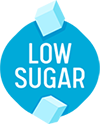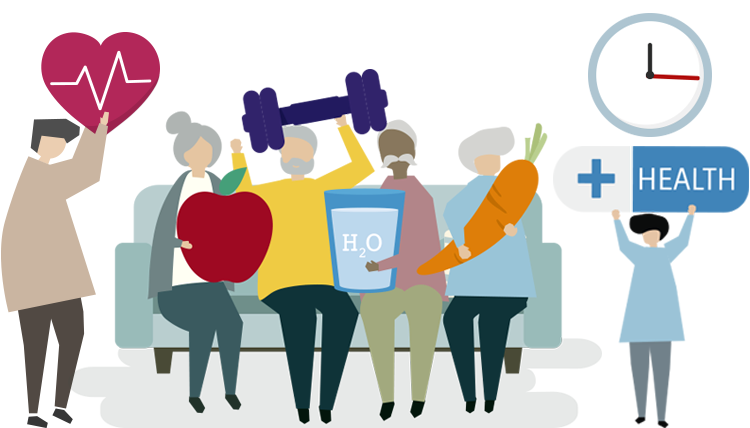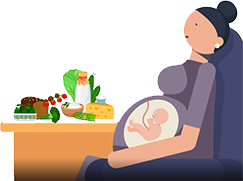Eat fresh and unprocessed foods every day

Undernutrition was an underlying cause in 45% of deaths of children under-5 years of age in 2015, and nearly one in five (19.3%) babies born in the Region are low birth weight.
There are still large numbers of children who are too short for their age (stunted) because they are chronically undernourished or who are too thin (wasted) because of acute undernutrition.
The prevalence of stunting has declined since 2010 but continues to be high in the Region. In 2018, the growth of 20.2 million children, nearly one in four (24.7%), was stunted.
Across the Region, 6.4 million children (7.8%) were too thin for their height (moderately or severely wasted) and, of these, 2.7 million were severely wasted.
Drink enough water every day
![]()
Water is essential for life. It transports nutrients and compounds in blood, regulates your body temperature, gets rid of waste, and lubricates and cushions joints.
Drink 8–10 cups of water every day.
Water is the best choice, but you can also consume other drinks, fruits and vegetables that contain water, for example lemon juice (diluted in water and unsweetened), tea and coffee. But be careful not to consume too much caffeine, and avoid sweetened fruit juices, syrups, fruit juice concentrates, fizzy and still drinks as they all contain sugar.
Eat moderate amounts of fat and oil

Consume unsaturated fats (e.g. found in fish, avocado, nuts, olive oil, soy, canola, sunflower and corn oils) rather than saturated fats (e.g. found in fatty meat, butter, coconut oil, cream, cheese, ghee and lard).
Choose white meat (e.g. poultry) and fish, which are generally low in fat, rather than red meat.
Avoid processed meats because they are high in fat and salt.
Where possible, opt for low-fat or reduced-fat versions of milk and dairy products.
Avoid industrially produced trans fats. These are often found in processed food, fast food, snack food, fried food, frozen pizza, pies, cookies, margarines and spreads.
Eat less salt and sugar

When cooking and preparing food, limit the amount of salt and high-sodium condiments (e.g. soy sauce and fish sauce).
Limit your daily salt intake to less than 5 g (approximately 1 teaspoon), and use iodized salt.
Avoid foods (e.g. snacks) that are high in salt and sugar.
Limit your intake of soft drinks or sodas and other drinks that are high in sugar (e.g. fruit juices, fruit juice concentrates and syrups, flavoured milks and yogurt drinks).
Choose fresh fruits instead of sweet snacks such as cookies, cakes and chocolate.
Cook at home

Cook your meals at home to improve the quality of your diet. Home-cooked food is healthier and more nutritious for you than calorie-filled food from outside the home because you know exactly what you are adding to it. A lot of food produced outside the home is high in calories, salt, fat and sugar, which increases the risk of you becoming overweight or obese, and developing chronic diseases such as heart disease, stroke, diabetes and certain types of cancer.
Also, eating out during this COVID-19 pandemic increases your contact with other people and your chance of being exposed to the virus. If you have to eat out, maintain a distance of at least 1 metre between you and anyone who is coughing or sneezing. That is not always possible in crowded social settings like restaurants and cafes. Droplets from infected people may land on surfaces and people’s hands (e.g. customers and staff), and with lots of people coming and going, you cannot tell if hands are being washed regularly enough, and surfaces are being cleaned and disinfected fast enough. So home-cooked food during this pandemic and beyond is the best choice for you.









